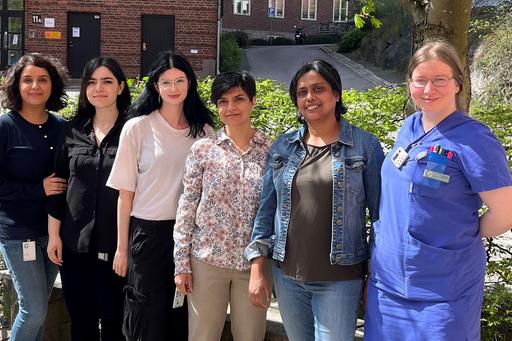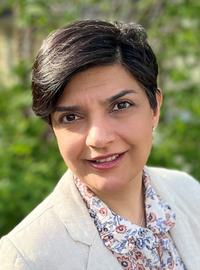Novel diagnostic methods to minimize side effects of radiation and chemotherapy in cancer patients
Short description
Improved treatment protocols have led to an increase survival in cancer patients. Unfortunately, severe treatment side effects remain a major challenge in oncology. Pegah Johansson's group focuses on developing and implementing innovative diagnostic assays to measure variation in cellular damage in patients' cells to predict and reduce severe treatment side effects.
As the cornerstones of cancer treatment, radiotherapy and chemotherapy contribute significantly to cure rates. However, the frequency of patients with severe side effects presents a challenge, particularly with an increasing number of cancer survivors. Our research focuses on reducing life-threatening, and severe side effects associated with radiation and chemotherapy in cancer treatment. We are developing diagnostic assays to predict individual patient sensitivity to these therapies. These assays are based on variation in patients’ T cells to repair DNA and survive treatment in vitro. We also investigate biomarkers of treatment toxicity in hematopoietic stem cells derived from induced pluripotent stem cells to predict severe hematologic toxicity and bone marrow failure. Our group aims to use these assays, alongside patients' germline genetic profile, to predict and prevent severe treatment toxicity, with a particular focus on childhood cancer.


Pegah Johansson
Principal Investigator
Affiliation:
Department of Laboratory Medicine,
Institute of Biomedicine
Group members
Yasaman Shamshirgaran- PhD- Biologist
Shaghayegh Gharaghani- PhD student
Anna Lyytikäinen- BMA
Hedvig Hjerpe- BMA student
Aditi Banerjee- Post-doc
Simon Nyeboe- MD- Pediatric specialist/ resident in Pediatric oncology
Dagsu Demir- MD- Resident in Clinical Chemistry